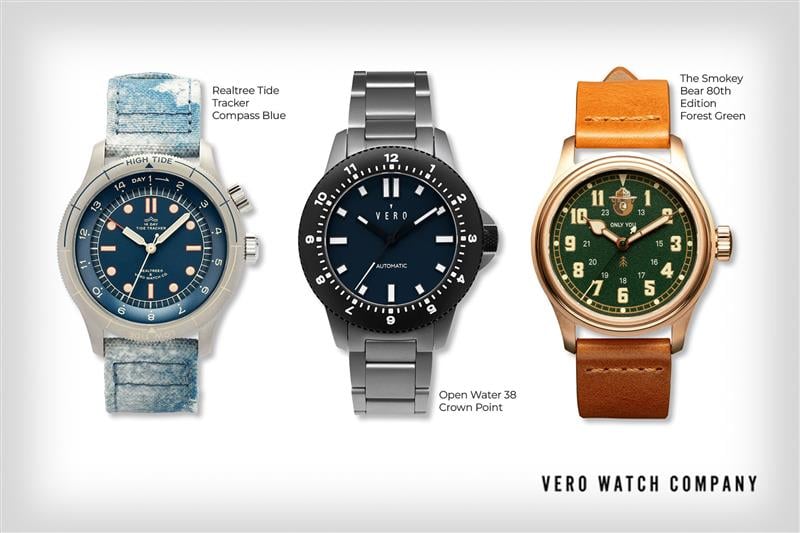Capital Steps: The Walsh London Black / Beige Sneakers
Feb 19, 2026Green Flags To Look For – Dating Relationship Coaching & Advice
- Jul 20, 2023
- 0 Comments
1432

Embarking on the journey of finding love and building a healthy relationship after going through
a divorce, can be both exciting and nerve-wracking. It presents an opportunity for personal
growth and the chance to create a supportive and fulfilling partnership. However, it’s essential to
approach this new chapter with caution and a keen eye for green flags that indicate the potential
for a healthy relationship.
What Are Green Flags:
In the realm of relationships, we often hear about red flags, warning signs that indicate potential
issues or problems. However, it’s equally important to pay attention to green flags, which are
positive qualities and behaviors that signify a healthy and promising partnership. Green flags
serve as indicators that a potential partner possesses essential traits such as emotional
availability, respect, effective communication, shared values, trustworthiness, healthy
boundaries, emotional intelligence, and healthy conflict resolution.
Recognizing these green flags allows individuals to navigate the dating world with a discerning eye, focusing on the positive qualities that contribute to a fulfilling and supportive relationship. By actively seeking out green flags, one can increase the chances of finding a partnership that nurtures personal growth, emotional well-being, and long-term happiness.
Emotional Availability:
One of the foundational green flags to look for in a potential partner is emotional availability.
After a divorce, it’s crucial to be with someone who is open and ready to invest emotionally in a
relationship. Emotional availability includes qualities such as active listening, empathy, and a
willingness to communicate openly. A partner who is emotionally available will not only provide
support during challenging times but also share their own thoughts and feelings, creating a
space for vulnerability and connection.
Respect and Mutual Support:
Respect and mutual support are vital components of a healthy relationship. Look for a partner
who values your opinions, treats you with kindness, and respects your boundaries. Healthy
partners uplift and encourage each other’s personal growth and achievements. Observe how
your potential partner interacts with others, including family, friends, and strangers. A person
who displays respect and kindness towards others is more likely to foster a supportive and
nurturing relationship with you.
Effective Communication:
Communication serves as the lifeblood of any successful relationship, particularly after going
through a divorce. Seek a partner who is willing to engage in open, honest, and respectful
communication. Healthy communication involves active listening, expressing thoughts and
feelings clearly, and a shared commitment to working through conflicts together. A partner who
values effective communication will help you build a strong foundation of understanding and
trust, allowing the relationship to thrive.
Photo by August de Richelieu
Shared Values and Goals:
When searching for a healthy relationship after divorce, it’s essential to find a partner who
shares your values and goals. Take this opportunity to reassess your own values and
aspirations and seek someone who aligns with your core beliefs. Shared values and goals
create a sense of unity and support, enabling both partners to grow together and face life’s
challenges as a team. When you and your partner share a common vision for the future, it
becomes easier to build a strong and lasting connection.
Trustworthiness:
Trust is the cornerstone of a healthy relationship. Look for a partner who consistently
demonstrates honesty, reliability, and integrity. Trustworthiness entails being accountable for
one’s actions and following through on commitments. A trustworthy partner will provide a sense
of security and create an environment where both individuals can thrive emotionally and
mentally. Prioritizing trust in your new relationship will allow you to move forward with
confidence and a genuine sense of safety.
Independence and Healthy Boundaries:
After a divorce, it’s crucial to establish and maintain healthy boundaries. Seek a partner who
respects your need for personal space, independence, and individual growth. A healthy
relationship allows for each partner to have their own interests, hobbies, and support systems.
Finding a partner who understands and respects these boundaries fosters a sense of freedom
and security within the relationship, encouraging both individuals to flourish as individuals and
as a couple.
Emotional Intelligence:
Emotional intelligence is a valuable trait to seek in a potential partner. Look for someone who
demonstrates self-awareness, empathy, and the ability to manage emotions effectively.
Emotional intelligence enables individuals to navigate conflicts with empathy and understanding,
fostering a harmonious and supportive partnership. A partner who possesses emotional
intelligence will be attuned to your needs and emotions, creating an environment where both of
you can grow and thrive.
Healthy Conflict Resolution:
Conflict is a natural part of any relationship, but how it is resolved determines the health and
longevity of the partnership. Seek a partner who approaches conflicts with a willingness to
understand and find mutually beneficial solutions. Healthy conflict resolution involves active
listening, empathy, and the ability to compromise. A partner who can navigate conflicts in a
respectful and constructive manner will help build a resilient and long-lasting relationship. By
learning to communicate openly and work through challenges together, you can foster a bond
that grows stronger over time.
Seeking Professional Help:
Navigating the complexities of finding a healthy relationship after divorce can be overwhelming
at times. It is crucial to recognize that seeking professional help can provide valuable guidance
and support during this transitional phase. A divorce lawyer can offer legal expertise and advice
when it comes to matters related to divorce proceedings, custody agreements, and financial
settlements. They can ensure that your rights and interests are protected throughout the
process, allowing you to move forward with confidence.
In addition to legal assistance, consider engaging the services of a therapist or relationship
counselor who specializes in post-divorce relationships. These professionals can provide a safe
and supportive space to process your emotions, explore any lingering concerns or insecurities
from the past, and help you develop a clear understanding of your needs and expectations in a
new relationship. They can also assist in identifying patterns or behaviors that may have
contributed to the breakdown of your previous marriage, empowering you to make healthier
choices moving forward.
Finding a healthy relationship after divorce is a journey of self-discovery, growth, and resilience.
By actively seeking out green flags such as emotional availability, respect, effective
communication, shared values, trustworthiness, healthy boundaries, emotional intelligence,
healthy conflict resolution, and seeking professional help, you can create a foundation for a
fulfilling and supportive partnership.
Remember to take the time to heal, focus on your personal growth, and trust your instincts when embarking on a new relationship. Your past does not define your future, and by embracing these green flags, you can create a loving and healthy relationship that brings you joy and fulfillment.
While this article provides valuable insights, it’s important to remember that each individual and
relationship is unique and should be treated that way.
Guest Post: Jennifer Bell
Jennifer Bell is a wellness coach, recent divorcee, and writer for divorce lawyers in the Philadelphia area.
Private Dating Relationship Coaching With Sybersue – Please contact me @ https://www.calltheone.com/susan-mccord and message me there to set up a video call or voice call appointment within 24 hours. Thank you!
Thank you, Sybersue ❤
Related
Publisher: Source link







